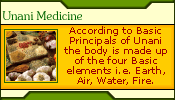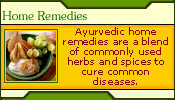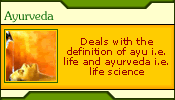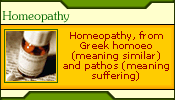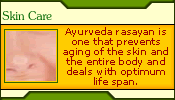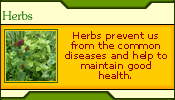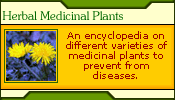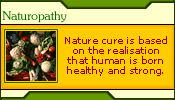|
Potassium is essential to the life of every cell of a living being
and is among the most generously and widely distributed of all the
tissue minerals. It is found principally in the intracellular fluid
where it plays an important role as a catalyst in energy metabolsim
and in the synthesis of glycogen and protein. The average adult
human body contains 120 g. as potassium and 245 g. as potassium
chloride. Out of this body potassium, 117 g. is found in the cells
and 3 g. in the extracellular compartment.
Potassium is important as an alkalizing agent in keeping a proper
acid-alkaline balance in the blood and tissues. It is essential
for muscle contraction and therefore, important for proper heart
function. It promotes the secretion of hormones and helps the kidneys
in detoxification of blood. Potassium prevents female disorders
by stimulating the endocrine hormone production. It is involved
in the proper functioning of the nervous system and helps overcome
fatigue. It also aids in clear thinking by sending oxygen to the
brain and assists in reducing blood pressure.
Potassium is widely distributed in foods. All vegetables, especially
green, leafy vegetables, grapes, oranges, lemons, raisins, whole
grains, lentils, sunflower seeds, nuts, milk, cottage cheese and
butter milk are rich sources. Potatoes, especial potato peelings,
and bananas are especially good sources. Potassium requirements
have not been established but on intake of 0.8 to 1.3 g. per day
is estimated as approximately the minimum need. Potassium deficiency
may occur during gastrotestinal disturbances with severe vomiting
and diarrhoea, diabetic acidosis and potassium-losing nephritis.
It causes undue nervous and body tiredness, palpitation of the heart,
cloudiness of the mind, nervous shaking of the hands and feet, great
sensitivity of the nerves to cold, and excessive perspiration of
the feet and hands.
In simple cases of potassium deficiency, drinking plenty of tender
coconut water daily , can make up for it. It is advisable to consume
plenty of figs, apricots, prunes, almonds and tomatoes during the
use of oral diuretics. Potassium-rich foods should be restricted
during acute renal failure and Addison's disease.
Potassium is one of the electrolytes we all require to maintain
health.
Potassium is required for
It is needed for growth, building muscles, transmission of nerve
impulses, heart activity etc.
Potassium, together with sodium - potassium inside the cell and
sodium in the fluid surrounding the cell, work together for the
nervous system to transmit messages as well as regulating the contraction
of muscles.
Deficiency of potassium
The kidneys excrete any excesses, but deficiencies are seldom found
in people on normal diets, although most people could look at increasing
their potassium intake. A deficiency may result in fatigue, cramping
legs, muscle weakness, slow reflexes, acne, dry skin, mood changes,
irregular heartbeat.
If you are into bodybuilding, it is also a good idea to increase
your potassium intake, since potassium is needed to maintain your
muscles in good form, controlling your muscle actions, and since
potassium is lost in excessive sweating and urine. A great way to
include this in your diet is to have a banana, citrus fruit or even
a dash of apple cider vinegar.
Dosage
The dosage underneath is the Recommended Daily Allowance (RDA),
but be aware that this dosage is the minimum that you require per
day, to ward off serious deficiency of this particular nutrient.
In the therapeutic use of this nutrient, the dosage is usually increased
considerably, but the toxicity level must be kept in mind.
A daily intake of about 3,500 milligrams is needed. Potassium is
well absorbed, but is not stored in large quantities in the body.
Toxicity and symptoms of high intake
Excessive potassium can be toxic and will affect your heart, but
is mainly a problem when you suffer from a problem such as kidney
failure.
Best used with
A person should take twice as much potassium as sodium, and is
best taken with vitamin B6.
When more potassium may be required
Potassium is easily lost in the urine, and if large amounts of
salt is ingested, it may be wise to take a potassium supplement.
If you are suffering from vomiting, diarrhea or extreme sweating
you may require more potassium or if your diet includes mostly processed
foods, large amounts of caffeine, alcohol, or if you take diuretic
pills or laxatives.
If you suffer from diabetes, or suffer from kidney problems do
not take a potassium supplement without your doctors consent.
Enemy of element
Potassium is lost from food when canning.
Other interesting points on potassium
If you suffer from kidney stones, you might benefit from increasing
high potassium containing foods in your diet to supply more potassium
to your body, as higher potassium levels have proved helpful in
preventing kidney stones.
Food sources
Potassium is found in fruit, vegetables as well as whole grains,
citrus fruit, molasses, fish and unprocessed meats
|



